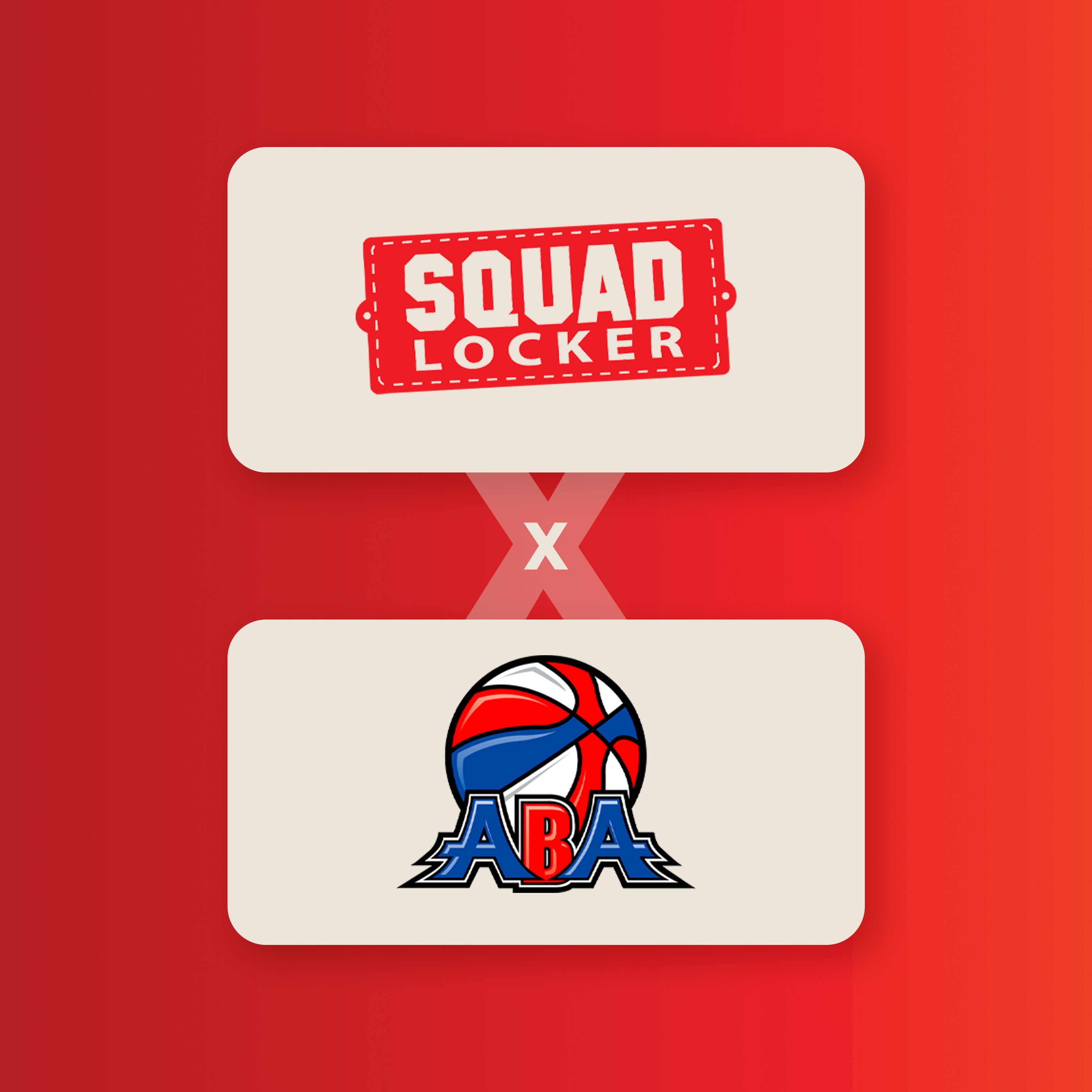The COVID-19 pandemic has impacted all facets of our daily lives, from how we work and learn, to how we communicate and interact with one another. Culturally, for many Americans, sports were one of the main ways people came together -- by participating in one themselves, having a child involved in recreational leagues or supporting one of their favorite professional teams. But COVID has fundamentally changed the role that sports play in our lives, and our connection and approach to athletics have shifted. In an effort to better understand coaching in the age of COVID-19, we recently surveyed over 600 coaches about how their roles and responsibilities both on and off the field have changed over the last several months.
Getting back in the game
Seven months into the pandemic, teams have begun to rebound, with 74% of our coaches reporting that their sports are back up and running in some capacity. Due to the pandemic, coaches are unsurprisingly putting more emphasis on athlete safety with ⅔ saying that keeping kids safe is more important now than it was pre-COVID and despite concerns around coronavirus, 94% of our coaches feel confident that their athletes can remain safe, with ⅔ of coaches reporting they are now playing with modifications in place.
Coaches were also quick to note that in addition to their roles changing, administrative tasks are also beginning to take over with 78% in agreement that they now spend more time on coordinating and communicating since the start of the pandemic than they did previously. (Read our tips on communicating for coaches). Pre-pandemic, our coaches cited managing practice schedules (42%) and games (31%) as one of their biggest roles outside of coaching. In addition to scheduling, 34% of coaches said they spent time communicating with league organizers and another 32% spent time communicating with parents. In fact, coaching time was limited as coaches reported spending only 50% of their time actually coaching. And time spent on administrative duties only grew as leagues and coaches prepared for athletes to take the field again.
Due to complications from managing attendance and inconsistent participation, 42% of coaches say that they now spend more time managing both practice and game schedules. Coaches also pointed out that the uptick in administrative duties is extremely distracting with ¾ saying that they believe their coaching performance would improve with fewer admin tasks. 80% say that they have actively looked for ways to streamline their admin tasks so they could get back to doing what they do best. So, what can coaches do to help manage it all?
Adopt a “Return to Play” Plan
A common truth about athletics holds true here -- it’s important to have a playbook. Consider formulating a “Return to Play” plan to make sure all your bases are covered when it comes to handling fluid situations and changing guidelines. Your checklist should include the following:
- Action items for monitoring when it’s safe to return, such as reviewing state and local guidelines and orders and assessing your organization’s readiness to meet them, checking with the property owner to make sure your play location is available, and establishing that risks (safety, financial, and any others) are understood, communicated, and deemed acceptable.
- An assessment of liability -- make sure that you’re in compliance with any governmental regulations and orders currently in place and that you understand insurance considerations, waivers and risk communication/consent, appropriate signage, and the current legal environment. Have a plan for how you will handle the situation if someone in your community refuses to comply with current standards and guidelines.
- Create an operating plan and communicate it to field owners, referees, parents, and coaches. After reviewing operating considerations, create your playbook and assign a team leader. Secure your playing space and any new requisite supplies (such as face masks for coaches), and clearly communicate your plan to all involved parties.
- Open the lines of communication. Make sure there’s a clear reporting process to communicate if someone on the team has become ill, and create an open channel to hear from parents, coaches, and officials if adjustments need to be made. Consider setting up a phone tree or using team management software like SportsEngine for a visible point of contact and for managing your roster; this will ensure that everyone knows immediately about any updates or announcements.
Take Advantage of Teamwork and Tools
No matter how well-organized and motivated a coach you may be, you are still only one person. Teamwork is one of the more crucial aspects of any sporting community, so why not take advantage of it to keep yourself from becoming overwhelmed? Pull parents and players in to help with those extra tasks such as snack schedules, end-of-season celebrations, and field prep. Many parents will be grateful for an opportunity to contribute, and as the old adage goes, “Many hands make light work.” This will free you up to focus on what you came for -- the success and development of your players -- while also cultivating a stronger sense of community.
Still using a generic calendar for scheduling? Consider modernizing your operation by utilizing scheduling software specifically intended for athletic programs, such as 8to18 Digital. Designed by and for athletic directors, this powerful software can streamline your scheduling process and save you precious time.
And while you’re saving your energy for the things that really drive you, don’t forget to simplify your apparel ordering and delivery with SquadLocker. We offer free logo design, quick turnaround, and the highest quality team apparel with no contracts, no minimum orders, and no hassle. We can relieve you of the burden of sorting and distributing your team’s gear with safe, contactless home delivery, and to top it all off, we can assist your fundraising efforts by setting up an online spirit wear store where your squad and its biggest fans can shop 24/7.
Broadcast Your Accomplishments
While this doesn’t alleviate the growing administrative duties you may be facing, it can boost morale by reminding you why they’re worthwhile. Boasting about your team’s successes can remind you, your team, and your community how important the work you’ve all been putting in truly is. After all, it isn’t just about having fun (although that’s essential, especially in the middle of a stressful pandemic). Youth sports have been shown to help instill work ethic, increase confidence, and improve cognition and concentration, which in turn boosts academic achievement -- demonstrated by higher test scores for younger athletes and higher college attendance/graduation rates among older players. So pat yourself on the back, because when kids are empowered to learn more, the entire community benefits.
Share this Story



.jpg)







